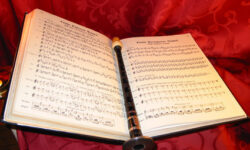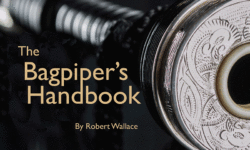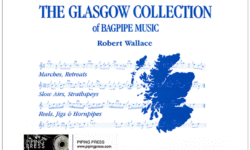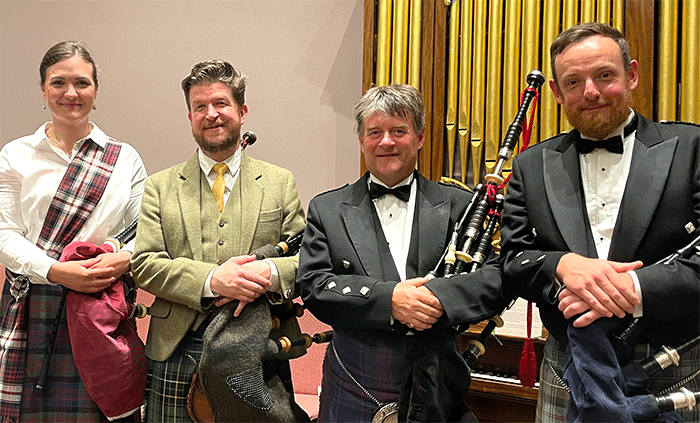
Piobaireachd players are rare amongst classical musicians in that their entire performing career consists mainly of playing in competitions. Those playing other instruments may compete as they hone their skills. Thereafter they perform in concerts and recitals.
The Piobaireachd Society’s “Classical Pipe Music, Scotland’s Hidden Treasure” recital gives the best piobaireachd players the experience of performing as musicians in other disciplines do. It also gives those outside piping’s small world the chance to hear ceòl mòr.
By Dr Jack Taylor
This year, back in St Cecilia’s Hall as part of the bustling Edinburgh Festival Fringe, we had an exceptional evening of the big music. The audience of more than 80 were attentive and absorbed. One had a Kilberry book, some were pipers (you can tell by looking at their hands) and others looked new to piobaireachd. It was a particular pleasure to see members of the Scots College Sydney Pipes and Drums with their Old Boys, and the Scots School Albury Pipe Band, both from Australia, here to play in the Edinburgh Tattoo.
As the echo of Angus McColl’s Red Speckled Bull faded at the end of the evening there was rapturous applause, and even some whooping. When did you last hear that after piobaireachd? The pipers then took their bow in the manner of other classical musicians, rather than nodding modestly then disappearing as can be the norm.
St Cecilia’s Hall, almost hidden between the Royal Mile and the Cowgate, is an ideal venue. Its oval shape, domed roof and wooden floor provide a first class acoustic.
Each piper struck up, started immediately and moved through the audience before exiting. After applause, the next piper began. The effect was mesmerising. Each instrument, with its different tonal characteristics, was clearly heard. The contrasting nature of each piece was easily appreciated.
Angus McColl began the evening with MacFarlane’s Gathering, the old melody’s simple call impeccably sounded. Then a leap of 350 years to Donald MacLeod’s lyrical Lament for John Morrison of Assynt House, its intricacies smoothly negotiated by Anna Kummerlöw.
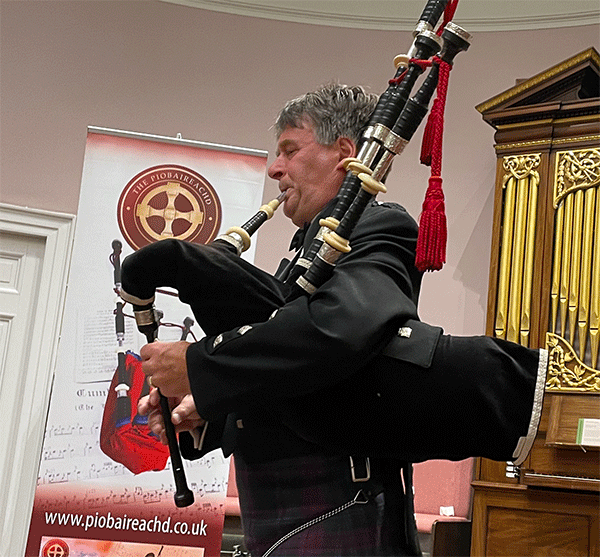
The mood changed with Sobieski’s Salute. James MacKenzie brought out the gritty repetitive melody and insistent Bs with assurance and thoughtful individual touches. John Mulhearn, fresh from victory at Aboyne, concluded the first half with Queen Anne’s Lament, allowing the audience to appreciate the effect of a perfectly pitched high G, soaring in the ground then interweaving with the repeating C in variation one.
MacIntosh of Borlum’s Salute was a favourite of James MacKenzie’s teacher, Iain Murdo Morrison. Iain would surely have been proud of his pupil’s interpretation. Then more familiar ground with John Mulhearn’s duly angry MacLeod’s Controversy.
The rarely heard and beautiful ‘One of the Cragich’ was expertly played by Anna Kummerlöw with crisp technique and due attention to the tricky nuances of timing and phrasing. Finally “The Bull” – alive and kicking, with Angus McColl’s trademark rippling rhythmic finish giving a perfect farewell.
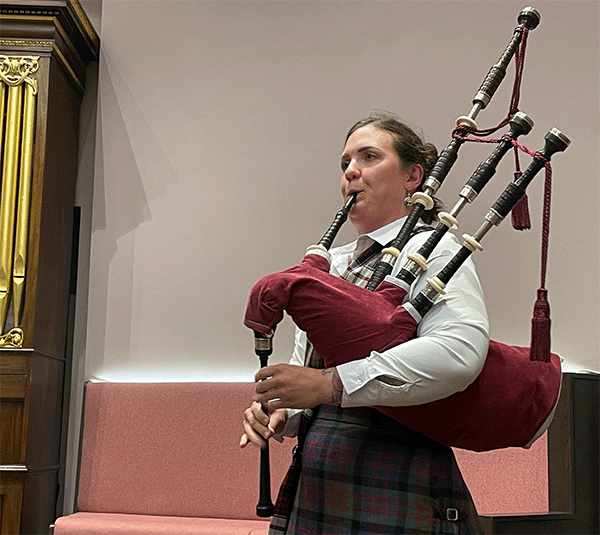
What effect did no tuning immediately prior to the performance have? To drone steadiness, hardly any. To audience enjoyment and musical continuity, an immense amount.
Afterwards audience and performers mixed over a refreshment in St Cecilia’s foyer, surrounded by displays of old and rare musical instruments.
Congratulations to the four pipers, and to the Piobaireachd Society, for such an enjoyable evening. Videos will be available on www.piobaireachd.co.uk in the next few weeks.
- Classical Pipe Music, Scotland’s Hidden Treasure, St Cecilia’s Hall, Edinburgh, August 6th 2023.












